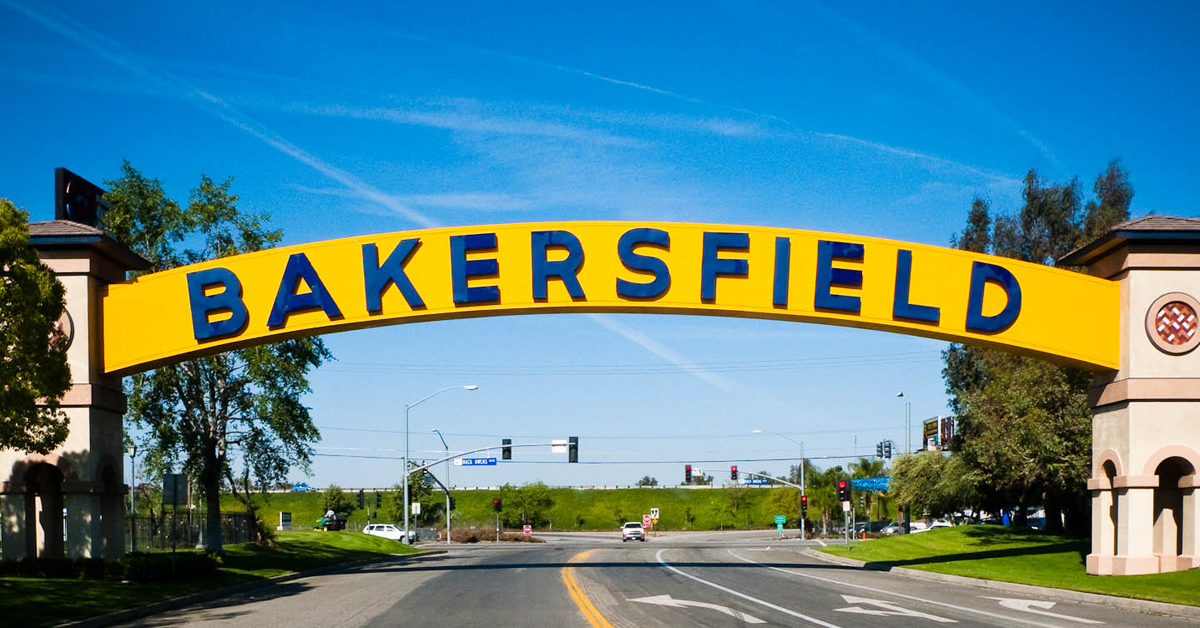Sitting in the audience listening to Gov. Gavin Newsom late last month at the California Economic Summit in downtown Bakersfield, Kern County Chief Administrative Officer Ryan Alsop recalls being “taken aback.”
The governor was telling a crowd of hundreds of public- and private-sector officials from across the state that, to make up for the impact his administration’s climate policies are having on Kern’s ability to fund vital public services, the state was going to “backfill” lost tax revenues.
“We put in the budget this year,” Newsom said, “the opportunity for the county of Kern, if they can prove the economic impacts of the transition in a deleterious way, meaning they’re having an impact on their ability to support their general fund and other services, the state will backfill that impact.”
“That’s in the budget this year,” he continued. “We have your back. It’s not just rhetorical.”
The legislative mechanism the governor referred to, first in January then again Oct. 28 at the Mechanics Bank Theater & Convention Center, does not appear to be as straightforward as that. And locally, the idea it amounts to a “backfill” has been greeted with skepticism.
“It’s fairly disingenuous,” Executive Director Michael Turnipseed of the Kern County Taxpayers Association said, “because the money he’s talking about, in most cases, is absolutely prohibited … for backfilling.”
The governor was referring to a provision for $300 million in program grants to be distributed over three years to counties with higher-than-average poverty and unemployment rates. Applicants must prove they are being hurt economically by California’s push to become carbon neutral by 2045.
Kern appears to have a good shot at some of the money. So do several other counties in the state.
Alsop said the county will certainly apply for money through the program Newsom was referring to, called the Local Budget Sustainability Fund. But he said the fund, not yet fully authorized by the state Legislature, differs from what the governor described.
The LBSF will provide grant money to help pay for programs that diversify local economies and retrain their workforce. Alsop says that’s not the same as compensating counties directly for revenues lost to the wind-down of local oil production, which in good times provides $200 million per year in property taxes, not including sales tax revenues and many other economic benefits.
“This program is not geared toward, ‘OK, show us what that looks like and we will write you a check to replace that revenue,'” Alsop said.
But he contends that was the misimpression Newsom gave hundreds of economic summit attendees who will go back thinking the situation in Kern “is rosier than it is.”
Newsom administration spokesman Alex Stack explained the LBSF targets places like Kern facing ongoing challenges to local budgets. It will provide grants, he said by email, to cover costs associated with supporting creation of new industries that will diversify sources of local tax revenues.
He added Kern will be among just four counties that will qualify for grants in the fund’s first year, and that Kern “should be able to get a substantial amount.”
“This is an opportunity for Kern and other qualifying counties to secure tens of millions of dollars to support innovation, create jobs and bolster the sources of local revenues,” Stack wrote.
The disagreement underscores lingering tensions between the Newsom administration and a county government frustrated with the governor’s efforts to constrain local oil production while also allowing photovoltaic solar developers active in Kern to avoid paying their full share of property taxes.
Get the full story: Read more.










